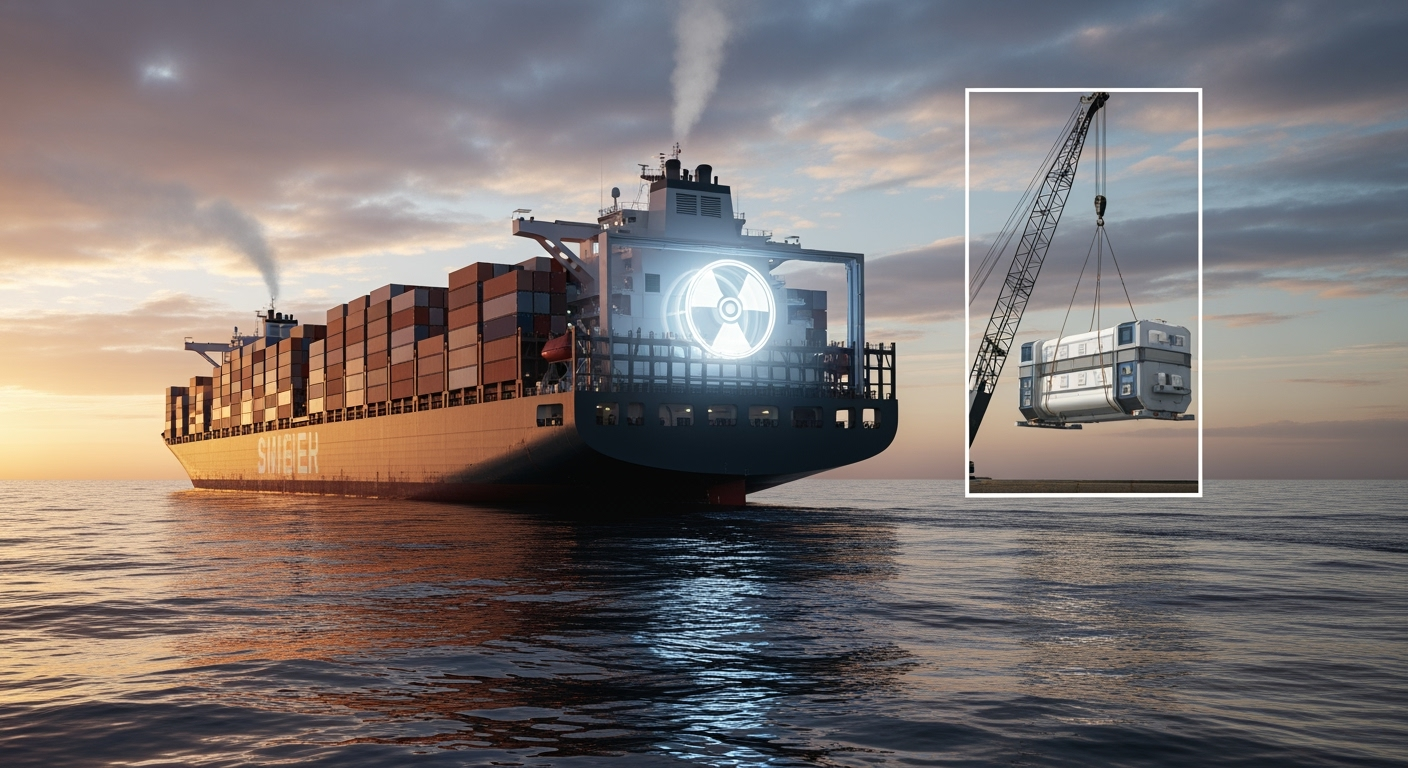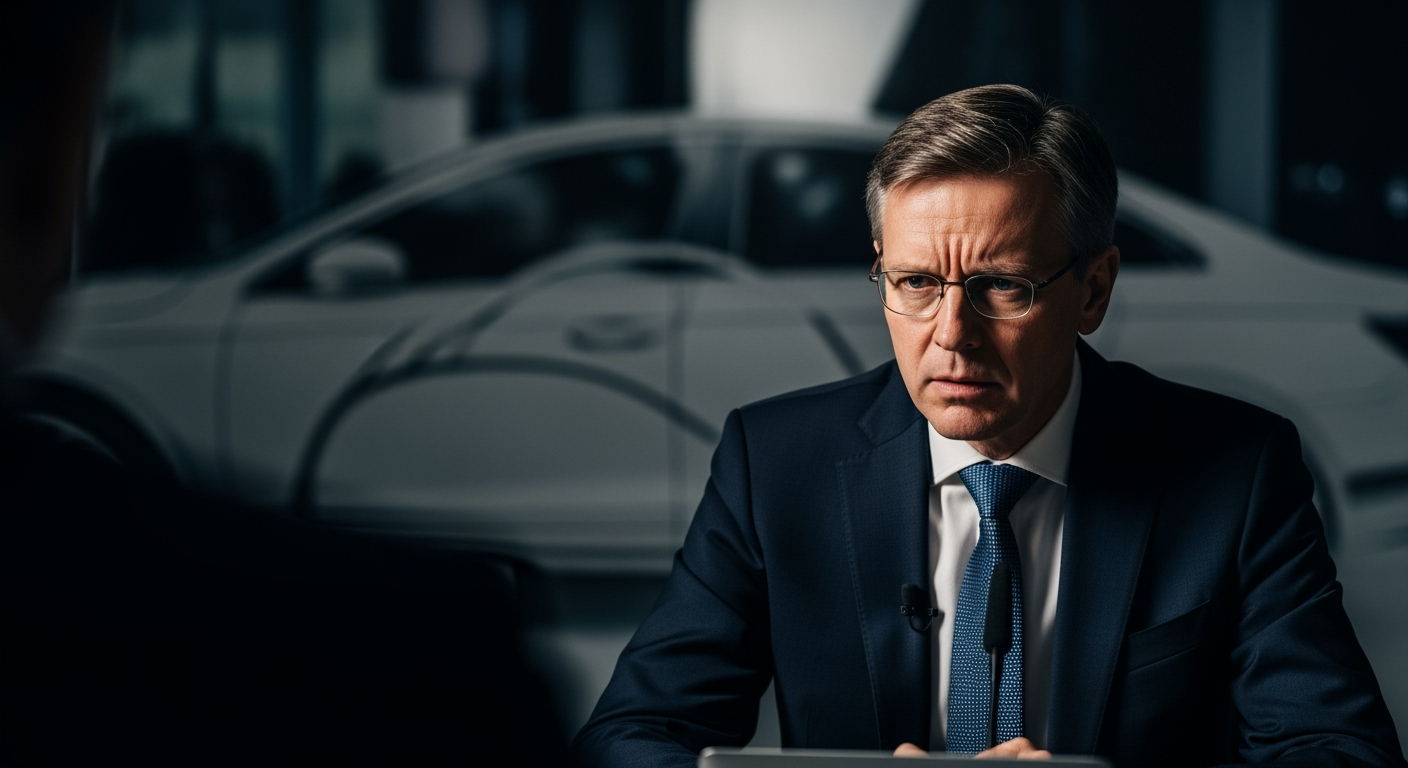Related Articles

China Intensifies Economic Pressure on U.S. Amid Escalating Trade War




BERLIN — Germany's pivotal automotive industry faces an unprecedented reckoning, prompting Chancellor Friedrich Merz to convene an emergency auto summit this week. The gathering, set for Thursday at the Chancellery, comes as the sector grapples with significant job reductions, a challenging transition to electric vehicles, and intensifying global competition, threatening a cornerstone of the German economy. Stakeholders hope the high-level talks will forge a path forward for an industry synonymous with German engineering prowess.
The German automotive landscape is currently experiencing a severe downturn marked by widespread job losses across manufacturers and, particularly, suppliers. Recent announcements underscore the gravity of the situation. Robert Bosch, the world's largest automotive supplier, revealed plans to eliminate 13,000 positions within its mobility division to address a substantial cost gap. Days later, ZF Friedrichshafen, another major supplier, announced 7,600 redundancies in its electrified drivetrain division, signaling a strategic shift away from certain pure electrification ambitions. This is part of a larger plan to cut up to 14,000 jobs by 2030.
These individual company actions contribute to a broader trend of decline. The German automotive sector has shed 55,000 jobs since 2023. In the 12 months leading up to June 2025, over 51,000 jobs were lost, representing nearly 7% of the workforce, making it the hardest-hit industrial branch in Germany. Overall, employment in the German automotive industry declined to 772,900 people in 2024, a 1% decrease from the previous year, and nearly 61,000 fewer than the 2018 peak. Long-term projections indicate that the shift to electric vehicles and declining competitiveness could lead to a further 190,000 job losses by 2035. The workforce decline affects both major manufacturers and, disproportionately, the medium-sized supplier companies, many of which are struggling to meet economic expectations and are reducing their workforces.
The current crisis gripping Germany's automotive industry stems from a complex interplay of internal and external pressures. A primary driver is the accelerating, yet often stumbling, transition to electromobility. While electric vehicles are seen as the future, their production generally requires less labor input, particularly in powertrain manufacturing, traditionally a labor-intensive segment. Moreover, the uptake of battery electric vehicles (BEVs) in European markets has been slower than anticipated, while German manufacturers have struggled to adapt their production lines and develop competitive EV models at speed.
Adding to domestic conversion challenges, German carmakers face fierce international competition. Chinese manufacturers, in particular, are rapidly expanding into the European market, offering cheaper and technologically advanced EVs that challenge the established dominance of brands like Volkswagen, BMW, and Mercedes-Benz. This competitive pressure is exacerbated by declining sales for German brands in the crucial Chinese market, historically a key growth driver.
Geopolitical factors also play a significant role. U.S. tariffs on European exports, such as the 15% levy on European cars, significantly erode profit margins for German automakers, who rely heavily on exports. Furthermore, Germany's high energy and labor costs continue to undermine the industry's global competitiveness. Compared to other major manufacturing hubs, production in Germany remains significantly more expensive. This confluence of factors, coupled with subdued global vehicle demand and persistent supply chain disruptions, creates an exceptionally difficult operating environment for the sector.
Chancellor Merz's auto summit on October 9 aims to address these multifaceted challenges head-on. The meeting will gather a broad spectrum of stakeholders, including leading car manufacturers, suppliers, industry associations, the powerful IG Metall trade union, Vice Chancellor Lars Klingbeil, other government ministers, and ministers-president from key automotive production states.
The two-hour discussion will focus on strategies to enhance the industry's competitiveness, safeguard jobs, and align with climate protection goals. A central and contentious topic on the agenda is the European Union's planned ban on the sale of new internal combustion engine vehicles by 2035. Chancellor Merz and the German Association of the Automotive Industry (VDA) have advocated for a delay or even a reversal of this ban, arguing for more "flexibility" and "technological openness" to achieve climate targets, particularly given the slower-than-expected consumer uptake of EVs. This stance, however, is not universally supported, with some within the government and environmental groups pushing for the ban to remain.
Other proposed measures for discussion include extending the vehicle tax exemption for electric cars, potentially until 2035, and exploring a social leasing program to make EV adoption more accessible for low- and medium-income households. Industry representatives are also urging the government to address issues like excessive bureaucracy, high taxes, and energy costs to improve Germany's attractiveness as an industrial location.
The automotive industry is more than just a sector; it is an economic pillar for Germany. It accounts for approximately 6% of the nation's GDP, directly employing around 780,000 people and contributing 17% of Germany's total exports. The ongoing crisis and job losses have far-reaching implications, impacting not only direct employees but also a vast network of related industries and services, from logistics to vocational training.
The current situation represents a critical juncture for Germany. The long-term prosperity of the country is deeply intertwined with the successful transformation of its automotive sector. While Merz emphasizes the government's commitment to supporting the industry, the summit must yield tangible, collaborative solutions that address the immediate job crisis while positioning German carmakers for future success in a rapidly evolving global market. The challenge lies in balancing environmental imperatives with economic realities, fostering innovation, and ensuring a just transition for the workforce whose livelihoods depend on this vital industry. The outcomes of Thursday's summit will be closely watched as Germany strives to steer its most iconic industry through its most challenging period in decades.